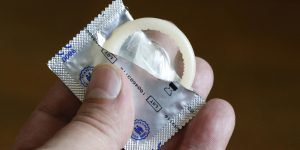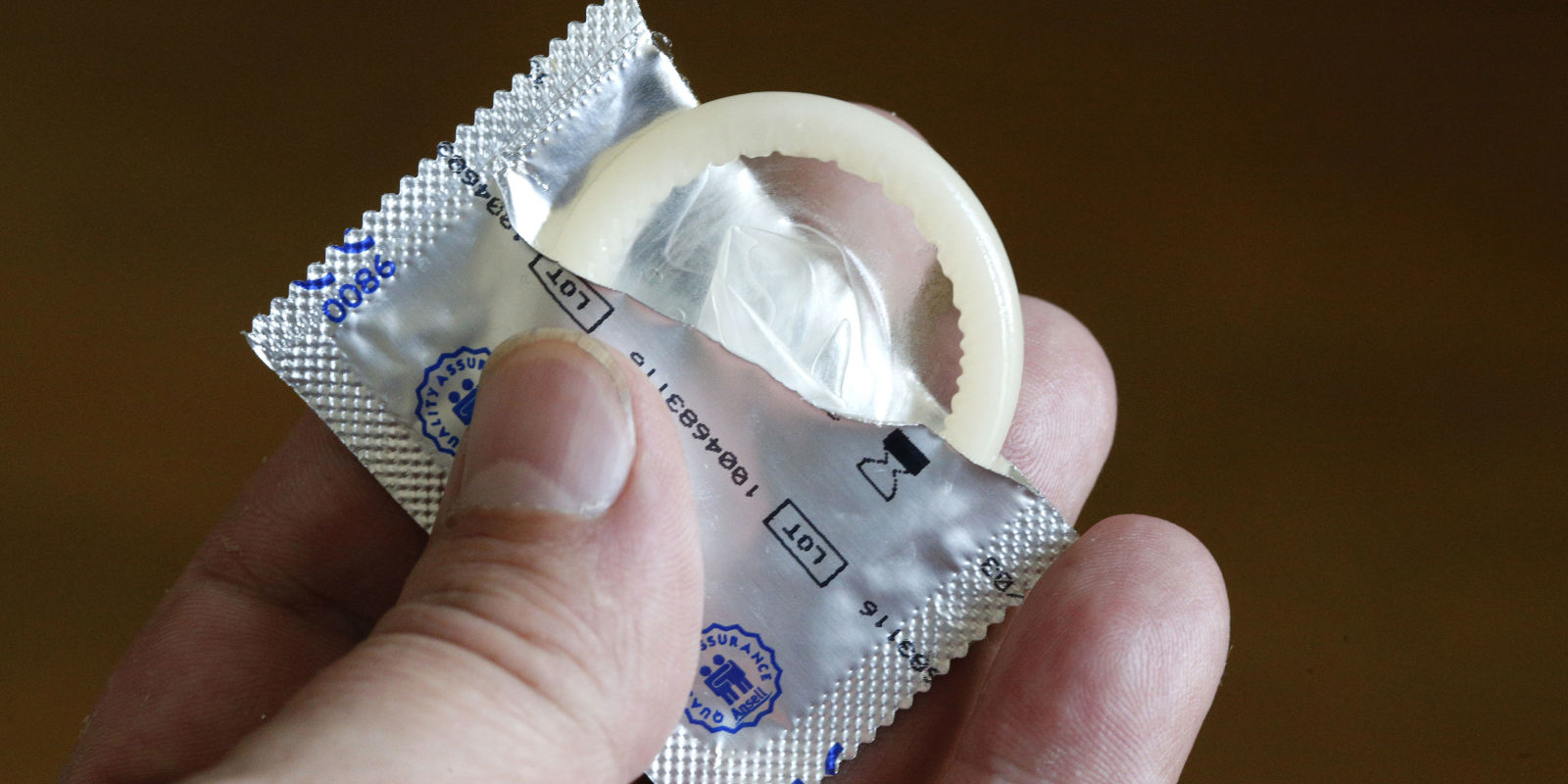
In theory, it seems to make sense: If a condom contains spermicide—a chemical used to prevent pregnancy by wiping out sperm—it should be more effective, since the substance would kill whatever wily sperm happened to escape, especially during a condom break.
But is it true that condoms with spermicide are more effective at warding off pregnancy or STDs?
Not so, says Jamin Brahmbhatt, M.D., urologist and sexual health expert at Orlando Health.
“Spermicide does not decrease risk of pregnancy,” he says. “It also doesn’t prevent transmission of STDs. There is no reason to choose a condom with spermicide over one without it.”
According to Planned Parenthood, when talking about just spermicide, it can be effective at preventing pregnancy when compared to using not birth control at all. But, the organization notes, it’s difficult to use correctly. About 28 out of 100 women who use spermicide become pregnant every year, the Centers for Disease Control and Prevention (CDC) says—compare that to 22 women who get pregnant using withdrawal, a notoriously risky birth control method.
What’s more, spermicide may actually increase some health risks for you and your partner.
The most common spermicide is nontoxynol-9 (N-9), which works by inhibiting the motility of the sperm—basically, making it more difficult for them to swim.
In early lab research, N-9 was found to stop HIV and other sexually transmitted infections, says Dr. Brahmbhatt, adding that those results led many condom makers to begin using N-9. The assumption was also that the combo of condom-plus-spermicide was a form of “double protection” against pregnancy.
But later research refuted the benefit. And according to the CDC, condoms lubricated with spermicides are no more effective at protecting against HIV or STDs. In fact, because they cost more, have a shorter shelf-life, and are linked to urinary tract infections in women, the CDC doesn’t recommend using spermicidal condoms.
What’s more, other research suggests that using N-9 may actually increase HIV in women, Dr. Brahmbhatt says.
That’s because spermicide is more likely to be irritating to sensitive tissue, and that can cause micro-tears, making it easier for viruses to enter the body. So you shouldn’t use N-9 during anal sex, either, the CDC says.
That said, if your only choices are a condom with spermicide and no condom at all, go for the first option, says Dr. Brahmbhatt advises. But the best approach is to buy protection without N-9, he believes.

